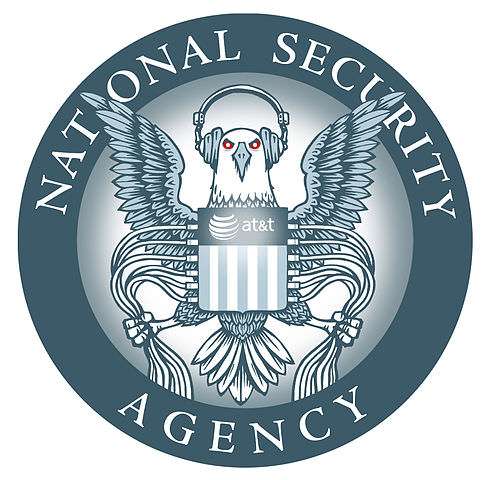NSA Reform Bill Idles in Congress

The USA Freedom Act, designed to rein in the National Security Agency (NSA) dragnet, has been parked in the Judiciary Committee since October. Committee chairmen are waiting for a reactions and recommendations from the White House.
The proposed bill is designed to undermine NSA surveillance by, essentially, making illegal the bulk collection of Americans' data that currently occurs under Section 215 of the USA Patriot Act. TechCrunch explains:
The bill's official summary claims that it will end bulk collection of certain records that is currently based on Section 215?s authority, limiting collection to things that deal directly with terrorism or "clandestine intelligence" that are linked to foreign agents, foreign "power," or suspected foreign agents, or individuals in contact with a foreign "power."
Patriot Act architect Rep. Jim Sensenbrenner (R-Wis.) introduced the USA Freedom Act following revelations of the NSA's extraordinary scope. In a letter to Attorney General Eric Holder, Rep. Sensenbrenner declared, "Seizing phone records of millions of innocent people is excessive and un-American." It has garnered 130 co-sponsors and has the support of the American Civil Liberties Union.
NSA whistle-blower Edward Snowden sparked reform attempts from many corners. Outside of the realm of politics, novel, privacy-enhancing crypto-technologies and ambitious projects to decentralize the internet have gained traction in recent months.
But offical government channels remain the primary means of reform. Last Tuesday's global protests, dubbed The Day We Fight Back, unleashed a torrent of emails and phone calls encouraging Congress to pass the USA Freedom Act. At one point the protests against mass surveillance were "kicking 5,000 calls per hour into Congressional offices," according to TechCrunch. Even so, the protests fell short of grandiose expectations set by the super successful SOPA/PIPA blackout. The protests haven't had an immediate impact on the stalled legislation.
However, the protests signal building momentum. Reformers are optimistic that The USA Freedom Act, or something else, will eventually pass. Greg Nojeim, senior counsel with the Center for Democracy and Technology told The Hill, "I think that the need for change is very clear. It's a question more of when, not whether."
A deadline built into the Patriot Act gives surveillance-happy representatives an incentive to reform quickly. Section 215, the section that authorizes the FISA courts, will expire next summer. Civil liberties advocates are confident that reauthorization won't get enough votes without some sort of preceding modifications.
Read more from Reason.com on the USA Freedom Act.


Show Comments (10)